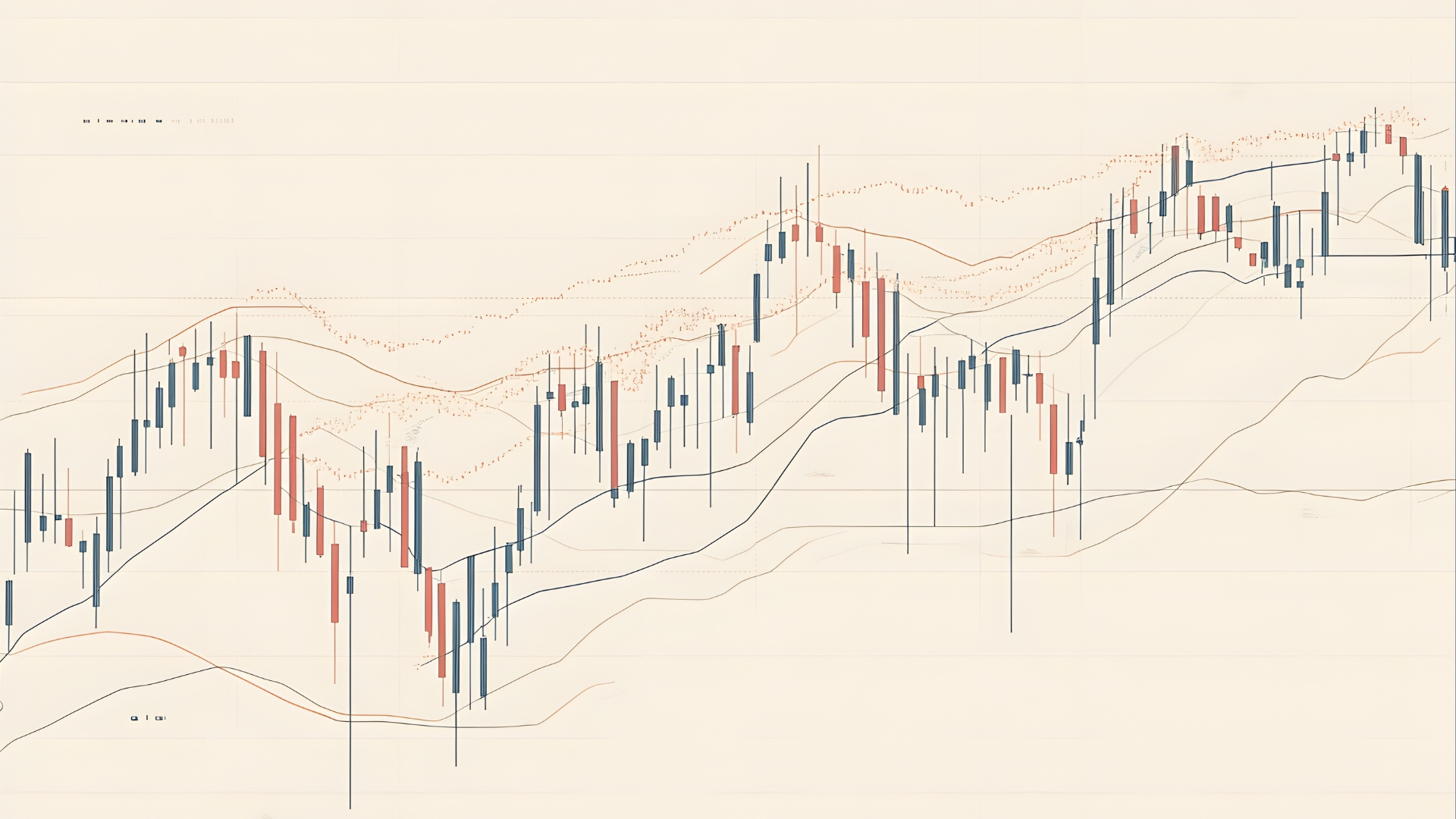There’s been a lot of volatility in the markets this year. More than usual. While it’s tempting to focus on what’s happening right now, the truth is that the best time to plan for volatility is before it appears.
The critical mistake is planning to sell assets to cover a large expense, only to find that the market has dropped 10-20% or more. The mistake here is a cash flow one.
If you don’t have to sell during dips, you haven’t lost anything. It follows, then, that the name of the game is having enough cash on hand to reach the other side of the trench.
At Least 1-2 Years of Cash Flow
As a baseline, we are always focused on managing cash flow in one- to two-year increments. Whether it’s a business sale, gifting, home renovation, helping with a house purchase, or planning a big family vacation, it doesn’t matter. We’re constantly talking about cash flow and how to fund those expenses a year or two in advance.
So, when the markets take a downturn—and it’s not if, it’s when—our clients already have the money set aside to weather the storm.
When we first have these conversations, let’s be honest—it’s not exciting. It sounds like, “Wait, you want me to park this money in a CD earning 3% for an expense I know is coming in May?” That 3–4% return might seem underwhelming, but it becomes incredibly valuable when the market corrects right before that tax payment is due.
Sometimes clients forget they’ve already prepared. When they call us with concern and we get to remind them that we’ve already planned for this. Those are the moments where it clicks: “Wow. That planning really paid off.” They’re able to stay calm, cover the expense, and stay the course with the rest of their strategy.
Cash Flow Is Your Plan Preserver
Planning for cash flow during volatile markets really shouldn’t be any different than planning during stable times. I don’t know anyone who has all their money exposed to market risk. Whether markets are up or down, it shouldn’t shake your foundation.
Smart investors typically keep a year or two of cash readily available. Some of our more conservative clients? They’ve got eight years’ worth. They just sleep better at night knowing they’re covered.
The point is that with the right advice, you can build a cash buffer that helps you ride out the downturns and be ready for the next upturn.
That’s the real takeaway: solid cash management begins before the volatility hits. If your advisor is only checking in after the market’s dropped, you’re already behind.
That’s why we bring it up in every review—every planning session. We stay in tune with what’s changing in your life, so when volatility does show up, your plan is already in place. That’s when it shines.

